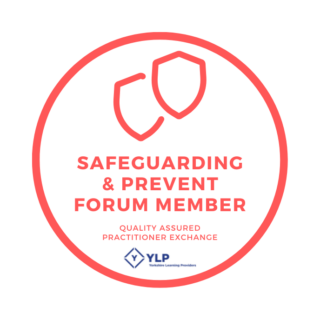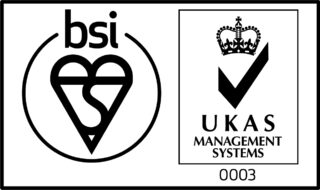Humber Human Factors Network: 26th February 2025

CATCH hosted the Humber Human Factors Network on Wednesday 26th February 2025. The focus of the session was Fatigue Management, with guest speakers Professor Fiona Earle and Dr. Lea Freour from the Centre for Human Factors at the University of Hull. The event was chaired by Chris Marron from Yara, who welcomed over 20 delegates, both in person and online.
Fiona began by outlining how fatigue matters as it has implications for Health and Safety, as well as huge implications towards wellbeing. The first exercise the group partook in focused on Cause Vs Consequence of fatigue. Fiona showed how a Bowtie Model can help understand how to use control measures to prevent causes, and how mitigation measures limit consequences. Fiona went on to highlight the variety of causes of fatigue for different job roles, ranging from mental, physical, emotional and sleep related causes, as well as how hard it is to measure fatigue. She went on to state that effective management of fatigue requires requires exploration of causes and consequences just like any other health and safety risk.
The second exercise was a facilitated discussion around the factors that push us to work more hours and take greater risks with our work patterns and sleep schedules. In order to manage fatigue risks, organisations can access awareness training for managers and establish a risk management policy.
Training is available through the University of Hull, more information can be found here.
The key takeaway for delegates was that it is critical to foster a positive culture around fatigue and to improve recognition of the signs, causes and consequences.
The next Humber Human Factors Network will take place on Wednesday 18th June 2025, with a focus on Human Machine Interface.
For more details on this and other CATCH Networks, please contact katie.hedges@catchuk.org.






